Living off the grid traditionally means disconnecting from the public electricity grid. However, it can also involve disconnecting from other utilities such as water, sewer, and gas. The law forbids U.S. citizens from living without electricity for safety reasons. Solar panels, and windmills can be ideal sources of power for those living off the grid. In this article, We will offer you what states allow off grid living in the U.S. We also help you identify some of the states you should consider for this lifestyle and the ones to avoid.
Is It Illegal to Live Off the Grid in the United States?
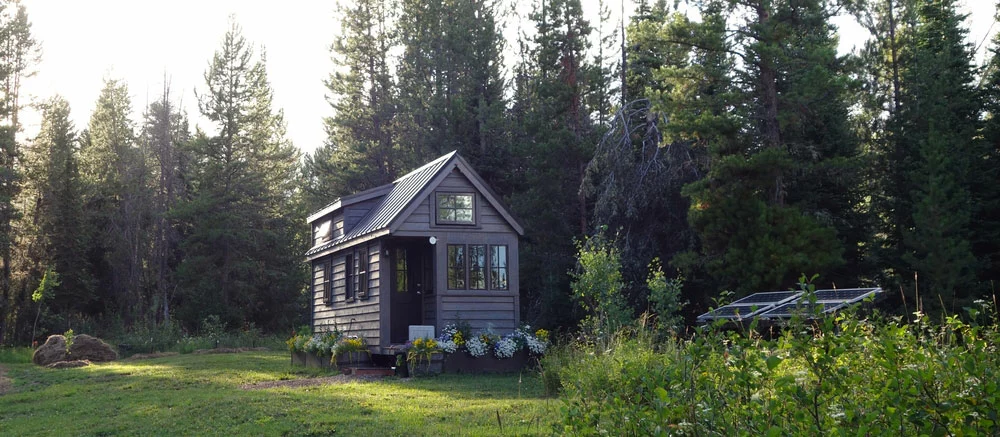
Off-the-grid tiny home
Technically speaking, living off the grid is not illegal in any of the 50 states in the U.S. It goes in line with the American principle of personal freedom. However, some states may have too strict regulations regarding off-the-grid living. Disregarding the regulations is what may make you forbidden from pursuing this lifestyle.
According to U.S. News, more than 250,000 people already have an off-the-grid lifestyle nationwide. To many people, living off the grid is a perfect way to save money and live a more sustainable lifestyle.
Considerations for Living Off the Grid
How easily you change over to off-the-grid living will depend on the state you want to live in. States offer different considerations to off-the-grid residents. As you wonder, “what states allow off-the-grid living?” consider the following aspects.
Land Prices and Conditions
You must be looking for affordable land. However, you probably don’t want to move to uninhabitable land because of the low price. That said, consider the land surrounding and condition along with the price.
Local Laws and Regulations
Off-the-grid living laws vary significantly by state. Even within the state, they differ in the municipalities. Too strict off-the-grid living regulations can make your life a nightmare. Before you buy land, ensure you’ll be able to meet your target without much interference from government regulation.
Weather and Climate
Research to find out if the region you plan to live in offers ideal weather. Sites such as currentresults.com will help you know historical weather patterns across the U.S.
Local Building Code
Most states have some forms of building regulations that may limit the way you build on your land. For instance, some states may not allow you to live in tiny homes, off-grid cabins, or container homes. As you are wondering, what states allow you to live off the grid? Building codes are a must-know if you want to make a proper decision.
Property Taxes
Before committing to an off-the-grid location, determine the property tax you will incur. Property tax will vary depending on the state and the size of your land. Some states, such as Texas and California, may offer crucial tax relief on your agricultural land.
The top U.S. States That Allow You to Live Off the Grid
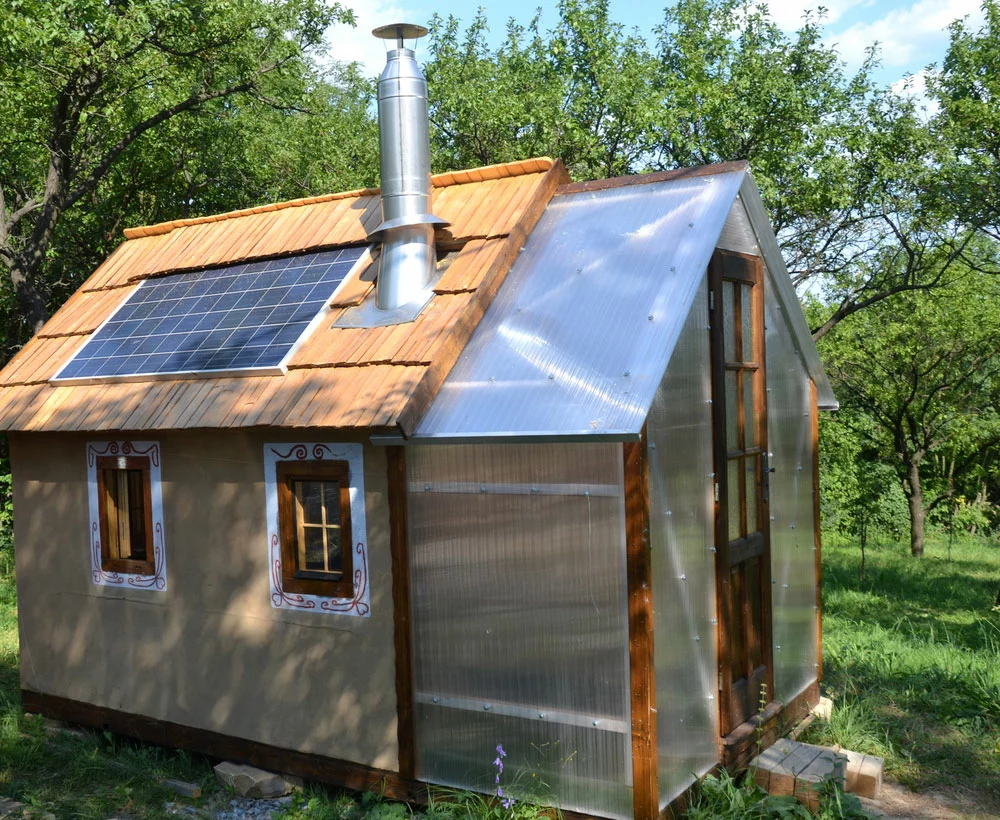
Off-the-grid tiny home with solar panels installed.
Are you still wondering, “what states can you legally live off the grid?” While you can legally live off the grid in nearly all the states, this type of lifestyle is more accessible in the following states:
Alabama
Alabama will not miss out on the top states allowing off-the-grid living. Property taxes and low living costs are more favorable than in most states. In addition, most counties in these states have no building codes. Meaning you can build and live freely on your land.
California
The northern part of California is a homesteader paradise. The region is known for low land prices, temperate climates, and favorable property taxes. Available freshwater and many off-the-grid communities in the area make it attractive to many.
Colorado
Windy weather and plenty of sun around the year are key reasons many people like this state for off-the-grid living. You can install solar panels, wind power, or both. In addition, counties such as Montezuma, Delta, and Custer don’t have building codes. You only need to abide by the state code.
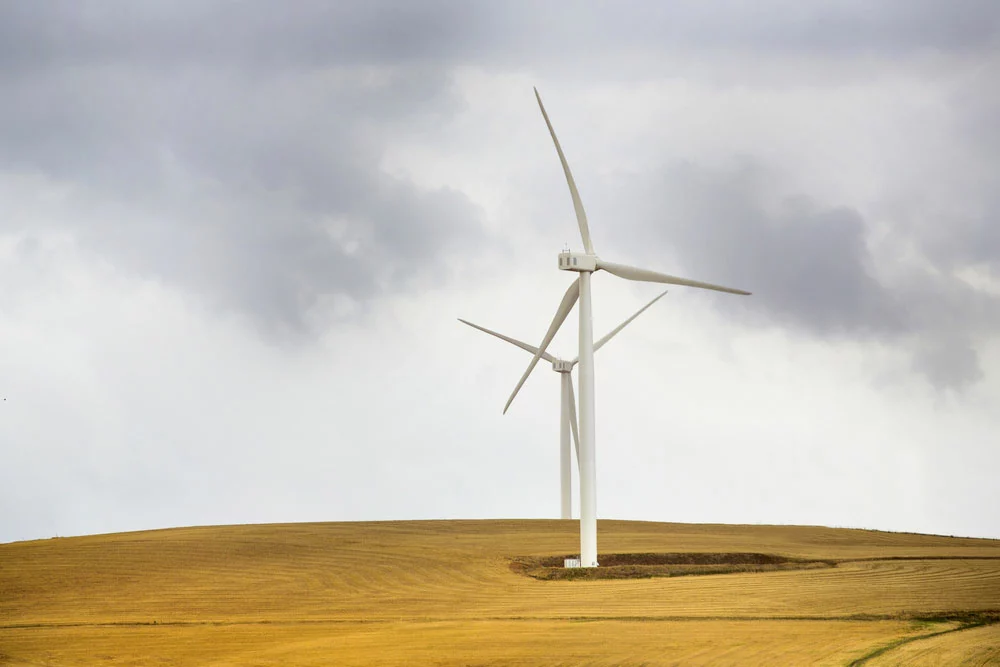
Off-grid windmills
Missouri
Missouri is an accessible state to live off the grid due to its affordable property taxes and frequent rainfall. You can collect rainwater without restrictions, and the short temperate winter makes it ideal for farming. The state is also known for being a vast rural region without building codes and strict zoning regulations. Missouri doesn’t have a mandatory requirement for a septic system, either.
Tennessee
The low cost of living and no restriction on rainwater collection are some of the reasons Tennessee is microgrid friendly. In terms of climate, Tennessee has all four seasons. Winter may be too cold for farming, but the growing season lasts up to 260 days a year.
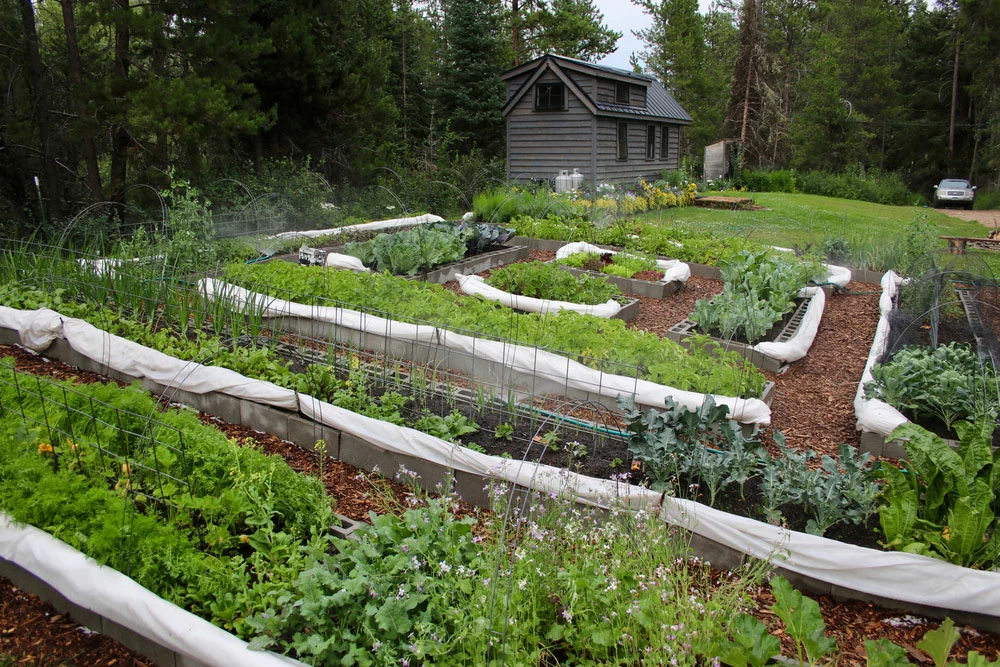
Off-the-grid home for farming in Tennessee
Georgia
Farming in this state is unlimited, thanks to favorable weather conditions and the agriculture-ready landscape. The cost of living is also below average. All you need to do is to double-check with every county to see the regulations.
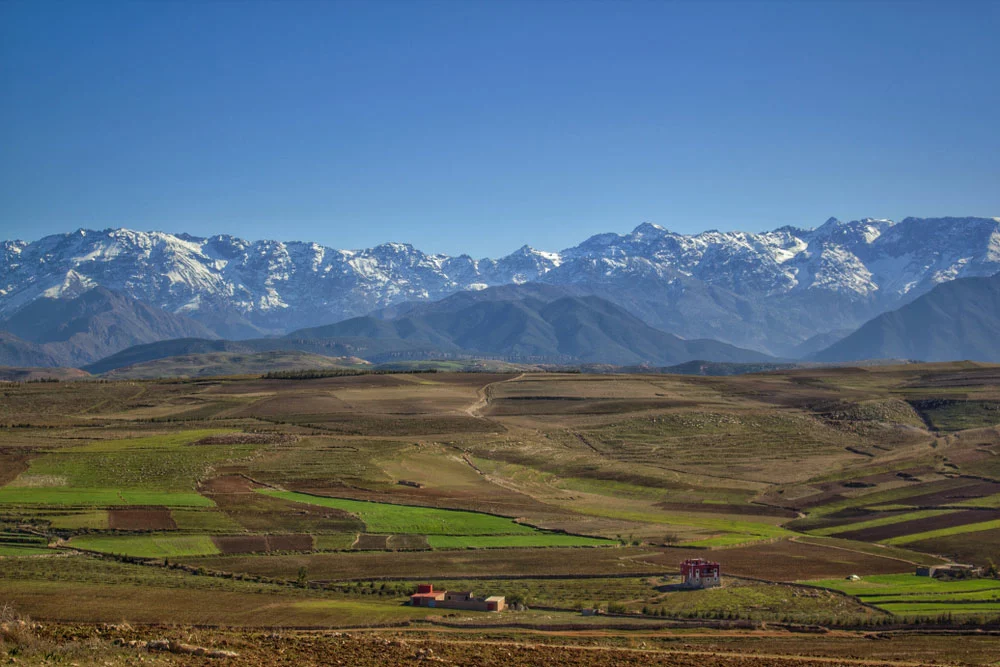
The agriculture-ready landscape for off-the-grid lifestyle.
Texas
Texas offers vast underdeveloped land that could be perfect for off-grid living. You can easily provide for yourself through farming if you live in regions with a long growing season. It is a tax-friendly state that offers a crucial tax break on agricultural land.
While the land is cheap in most parts, some areas are deserts. The desert lacks water sources for fishing and forest for hunting.
Hawaii
Mild temperature, fertile soil, abundant sunshine, wind, and rain make Hawaii a great option to go off the grid. This lush environment makes up for state regulations and a relatively higher cost of living in the state.
Oregon
Three Rivers, a 4,000-acre piece of Oregon land, hosts several off-grid communities. It is home to around 75 and 80 full-time microgrid homesteads and 600 properties. The state also boasts attractive natural resources and a low cost of living.
Alaska
Alaska has friendly microgrid laws that make disconnecting from the main electrical grid easier. However, the majority of off-the-grid homesteaders in Alaska use diesel. Many regions don’t have much daylight during winter, making off-grid solar less feasible.
States Where It is Illegal or Difficult to Live Off the Grid
In what states is it illegal to live off the grid? We couldn’t find states where living off the grid is illegal. This list comprises states that are difficult to live off the grid due to strict regulations or other factors.
Florida: Florida has some strict laws that make a living off the grid unpleasant. The state also has building codes that make setting up a home difficult.
North Carolina: The state discourages building with non-commercial materials. This makes setting up an off-the-grid house expensive.
Pennsylvania: You will need a solar panel permit or license to set up an off-grid solar power system.
Arizona: Not tax-friendly for off-the-grid homesteaders. The state recently proposed taxation on solar energy use.
Cost of Living Off the Grid
Financial freedom is one of the main reasons many people go off the grid. There is no more paying for municipal utilities. While it will save you a lot in the long run, it largely depends on your lifestyle.
The start cost will be high. You’ll start by purchasing land, building your house then installing energy to power your home.
Once you set up everything, life can be very cheap. No utility bills, you produce your food, and you may be lucky to live close to the water body. But if you fancy modern conveniences, the ongoing cost can be high. That said, living off the grid requires a lot of lifestyle practice if you want to save.
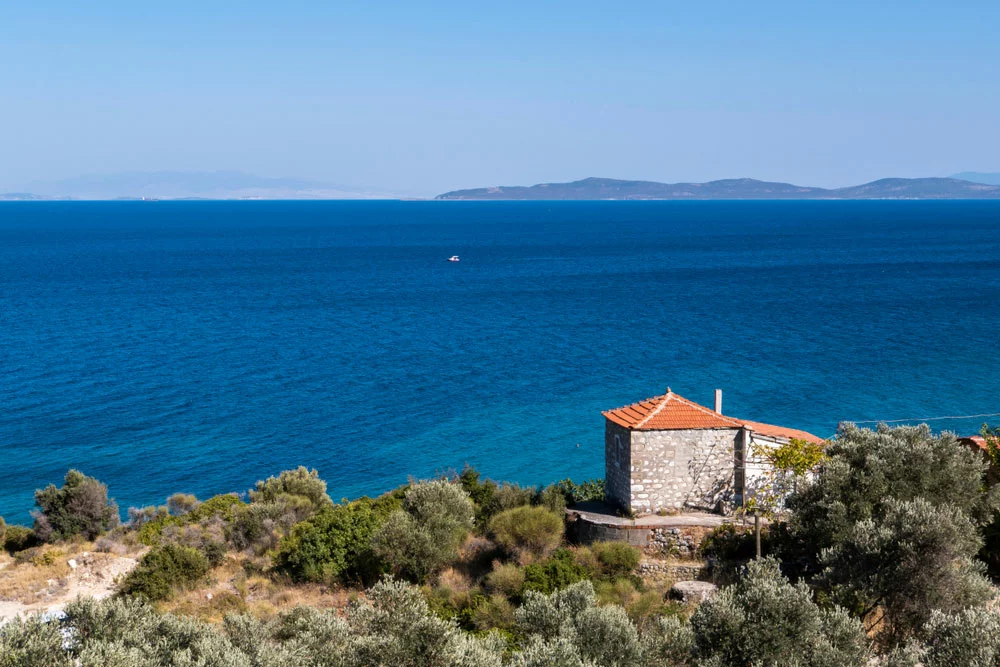
Off-the-grid setup close to the water body
Summary
Living off the grid means you no longer live within reach or pay for municipal utilities. It is a self-reliant lifestyle that grants you freedom of location and finance.
All states will allow you to disconnect from their electrical grids and other utilities. However, some impose strict regulations on this type of lifestyle to discourage it.
Besides, living without dependency on the government, utility agencies, or other external forces is not for everyone. It is a lot of sacrifices. You have to create your source of electricity, strive to live green, and grow your food.
